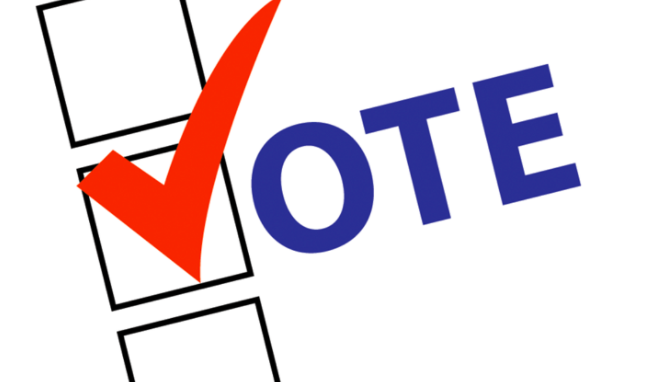Should We All Vote?
- Share
- Tweet
- Pin
- Share

Should we all vote?
Before you say, “yes, that’s our most important civic duty,” or some other cliché your third grade teacher told you, give it some thought.
I’ve been pondering this question a lot the last few months, and I’ve concluded that the answer, however unpatriotic it sounds, is no. In fact, I’d encourage many of my fellow citizens to not vote Nov. 6.
I believe in voting, in taking part, and in the power of one vote to make a difference, even if University of Chicago economist Steven Levitt makes a pretty compelling case against it. (Levitt, the co-author of Freakonomics, argues that voting is an irrational expense of time and effort. Elections are rarely close, and if they are, your vote actually matters less because those elections are decided in the courts, not by the vote count. See Bush/Gore, 2000.)
But many of us – and this is a bipartisan plea – shouldn’t vote. Because if voting is as important as we like to say it is, then it shouldn’t be so easy.
I’m not talking about implementing voter ID laws. I’m not talking about imposing property or income standards. I’m not even talking about educational requirements.
I’m talking about the accepted wisdom that voting, the act itself, is the holy grail of citizenship. I’m talking about people going into the voting booth with little more than a few TV commercials in their head, people inspired to register because some Public Service Announcement featured a movie star or politician saying: “I don’t care who you vote for – just vote.”
What?!? Why?
I’m cool with you filling out your NCAA tourney bracket based on team colors, mascots, or loyalty to the Big Ten. That’s basketball. But don’t pick our President the same way.
Why should someone with no knowledge about the candidates, the issues, or the candidates’ positions on those issues, play a part in deciding who becomes our next President?
Meanwhile, others read about the candidates, watch the debates, study the issues, and discuss in depth the problems facing our country every day.
Perhaps more dangerous to our democracy are all of those who will go to the polls with false knowledge. A PEW Research Poll revealed that 66 percent of Americans don’t know who was President when the Troubled Asset Relief Program – the bank bailout bill – was passed (it was George W. Bush). Only roughly a quarter of the population can correctly identify the Chief Justice of the Supreme Court (John Roberts). A 2011 poll showed that nearly 40 percent of Americans believe Saddam Hussein and Iraq were working closely with al Qaeda on the 9/11 attacks (no evidence exists).
Why does this matter?
By encouraging millions of disengaged and ill-informed voters to head to the polls, we’re essentially begging them to cancel out all the effort – the real civic duty – of those who took part in the process.
Nobody should check their ballot based on 30 seconds of dubious sound bites reworked with different grave voices, token angry seniors, and concerned soccer moms.
Nobody should get the bulk of their election background from campaign rhetoric repackaged as news with some sweet graphics and quick camera cuts for CNN, FOX, or ABC, enhanced by “analysis” from former campaign advisors.
I’m all for encouraging people to do a little research and head to the polls. Those who have a firm grasp of the candidates, what the President can and cannot do, and an understanding of how the candidates will likely address the issues that matter most to them, should definitely vote. Our country needs them to do just that.
But I’m sorry, there are many millions who don’t qualify, and they shouldn’t vote just for the sake of voting. In one breath we speak of voting with the greatest regard, in the next we dumb it down.
Is “Just Show Up” really the motto we want to use when we decide who makes the call on using drones to drop bombs on villages in Pakistan? On our grandparents’ financial security? On energy or women’s reproductive rights?
Too many of us “just show up” on Election Day, often choosing candidates the way we choose cars – Dad drove a Ford, so I drive a Ford. We don’t dig much beyond the stump speech nuggets of our preferred candidate, or worse, their own website or TV ads.
I look at the decisions our country has made in the 15 years since I reached voting age, and I’m shocked that we sit back and take it, swallowing the slogans and clichés of our ruling parties, demanding little more than new packaging.
We march in lockstep, afraid to question the underpinnings of our political and economic system, and we repeat every indoctrination of elementary school, including the idea that everyone should “just vote.”
You’d think we’d want different answers by now, you’d think we’d ask different questions. As Election Day approaches we can start.
Stop with the “vote because you can” charade, because for each uninformed vote counted, the ballot of an informed voter is canceled out.
And that leaves us one vote further from changing the status quo.

